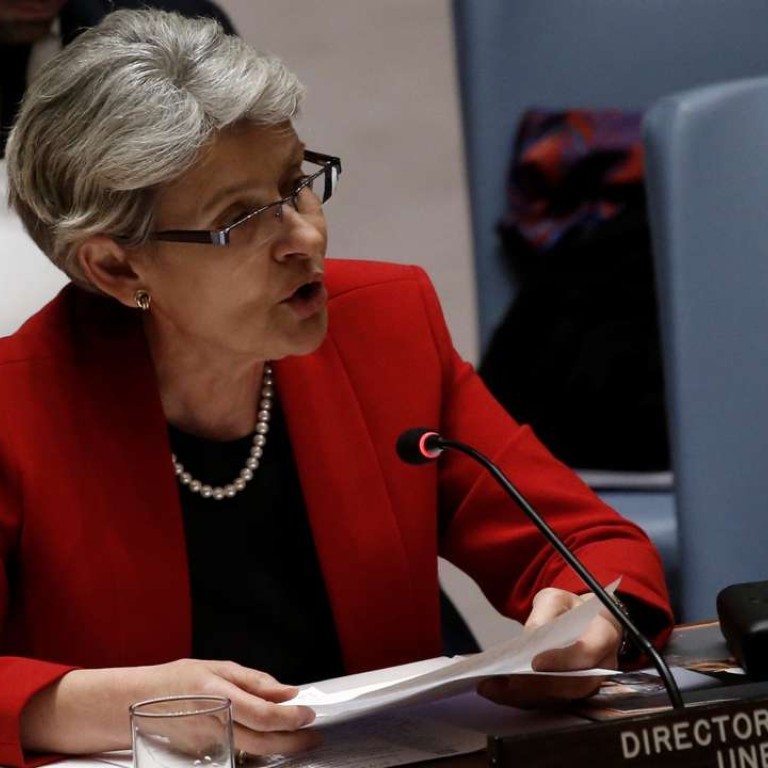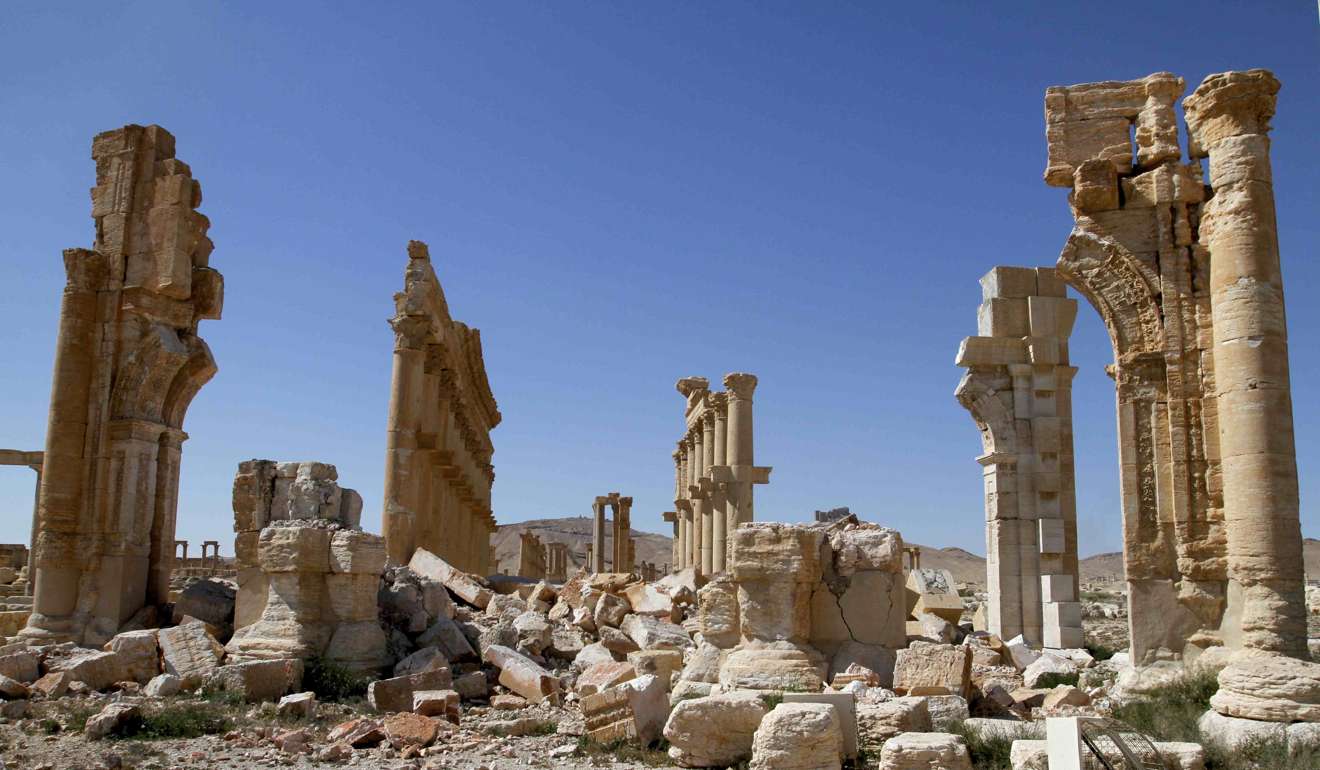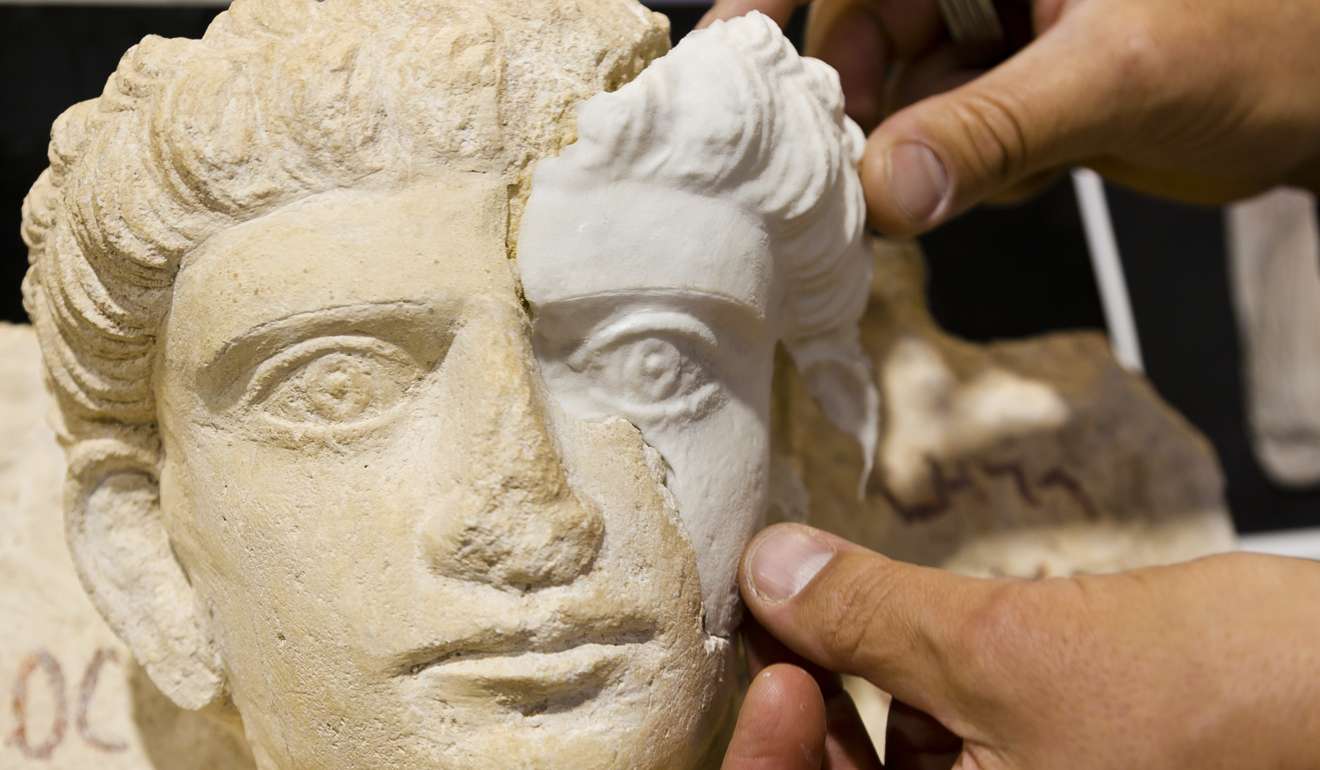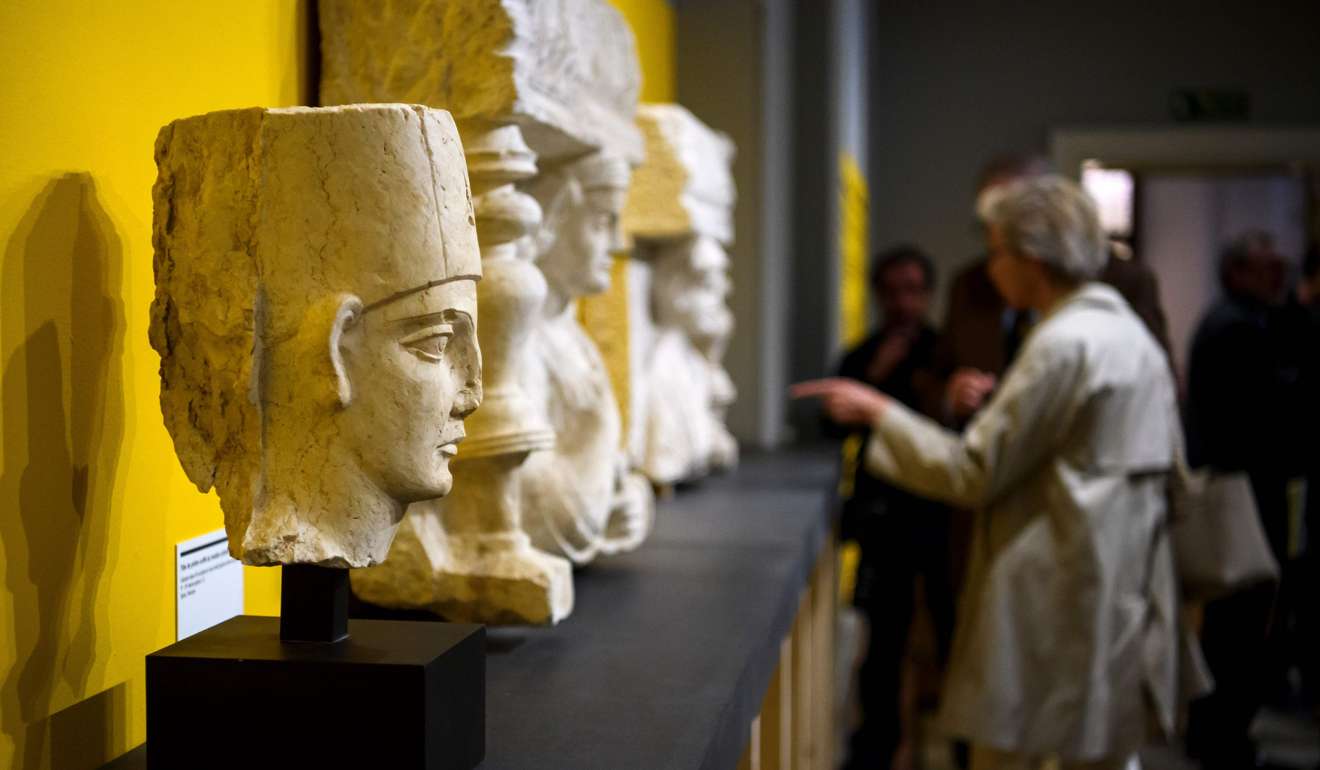
UNESCO in war against Islamic State to protect world’s cultural heritage from destruction
Islamic State uses grisly violence to terrorise the West, recruit supporters, and subjugate people in the areas it controls. But it’s also waging a quieter war against more abstract enemies: culture and heritage.
As ISIS seized swaths of land in Iraq and Syria, it began destroying historic sites and artifacts, some thousands of years old. Museums, monuments, cultural sites getting caught in the crossfire of war is nothing new. But what ISIS is doing is different, UNESCO Director General Irina Bokova said.
The group sells ancient artifacts to bankroll its war machine and demolishes sites to demoralise its enemies and erase multicultural symbols - moves that all support the group’s wider plan. It’s “quite new, quite unseen, systematic and deliberate,” Bokova said. “It goes hand in hand with the destruction of diversity, persecution. . .of minorities.”

A key example was Palmyra, where the group recorded blowing up the ancient city that symbolised Syria’s historic multiculturalism, then spread the video footage on the internet to gin up extremist support and recruit new fighters.
Bokova calls it “cultural cleansing,” and what worries her even more is ISIS found a way to make money from it. ISIS sells ancient antiquities on the black market to raise funds - and it’s no small change. Russia estimated the terrorist group made US$150-US$200 million a year off such activities in 2016. The terrorist group even has its own “war spoils” bureaucracy, which manages the sale of everything from hostages to oil to antiquities to line its coffers. “This is something new we have not seen before,” Bokova said.

As head of the UN’s culture and education arm, Bokova is fighting on the frontlines of this new kind of warfare. The former Bulgarian foreign affairs minister lobbied hard in her UN seat for international action to clamp down on ISIS’ war on heritage. It’s a slow, laborious process, but there are hints of progress.
In February 2015, the UN Security Council passed a resolution explicitly condemning ISIS’ profiteering and destruction of cultural heritage sites in Iraq and Syria. Bokova hopes the resolution spurs countries to crack down on the antiquities black market and focus on cultural destruction as a war crime.

The US Congress heeded the call. A month after the UN resolution, the House passed a bill, the Protect and Preserve International Cultural Property Act, to ban the import of artifacts from Syria and stem the flow of the ISIS antiquities trade.
And in 2016, the International Criminal Court issued its first ever conviction exclusively for “cultural destruction” in a landmark case. After surrendering to the ICC in 2015, al-Qaida-linked militant Islamist Ahamd al-Faqi al-Mahdi was sentenced to nine years in prison for destroying ancient cultural sites in Timbuktu, Mali.
When pressed on why protect cultural sites when so many people are suffering or in danger of losing their lives, Bokova called it a false dichotomy. The two are mutually supportive. “[When] you destroy identities of people, destroy their history, you destroy the reasoning for future reconciliation and peace,” Bokova said.

